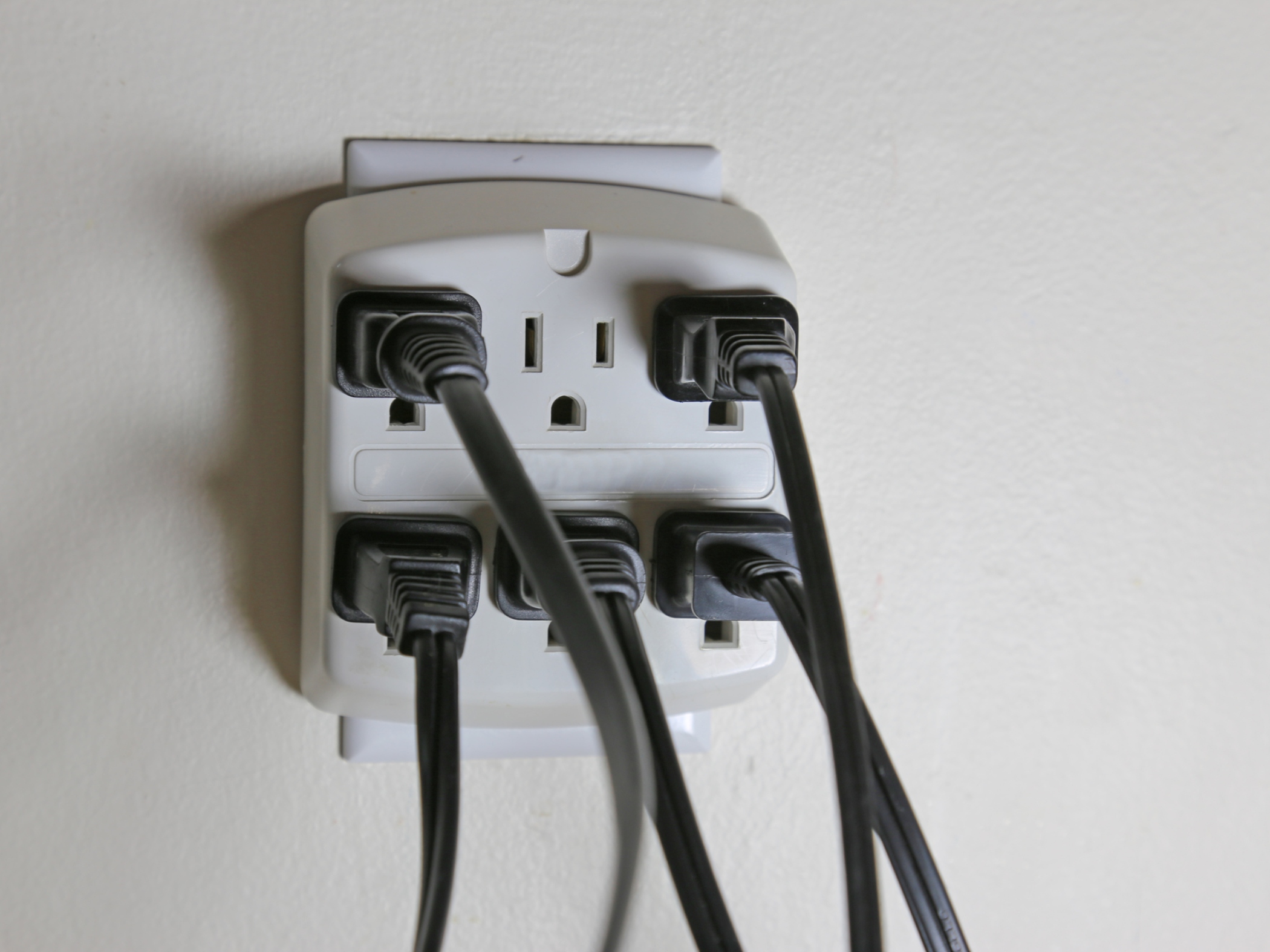Ceiling fans are more than decorative fixtures that require an occasional dusting; they can provide a whole new spin on energy savings. If used correctly, ceiling fans can help reduce your cooling and heating costs, while making you feel more comfortable.
Your cooling system provides welcome relief from the dog days of summer, but only if it's working properly. Take action now to find out if the time is right to upgrade to a new, energy-efficient air conditioner or heat pump. Your energy budget, your family and your furry friends will appreciate it.
Whether you’re renovating your current home or building a new one, it pays to consider energy use and conservation in your plans. Energy efficiency is a major factor in home design, and will continue to be, say experts.
When looking at electric bills, many people focus on the total dollar amount of the bill. While you don’t have control over the cost of the energy, you can control how much energy you use so when you’re trying to manage your energy costs, it pays off to change your focus to energy use.
You can reduce your bills, without spending a lot of money, by changing your behavior. Here are some tips for getting started:
You have a busy schedule and many line items on your budget, so energy use may not be top of mind. However, energy is a significant cost of doing business for many companies. If fact, even businesses in smaller facilities (those with less than 5,000 square feet) spend, on average, nearly $5,000 a year on energy costs, according to the U.S. Department of Energy. Companies housed in larger facilities or those with more energy-intensive processes often spend a lot more.

Beat the peak (and save money)
If you look around your home, you likely have more devices and equipment that require electricity than ever before. Our connected lives are increasingly dependent on more electricity to function.
A plug load is any device that's plugged into your building's electrical system. Plug load electricity consumption is on the rise, according to the New Buildings Institute, and is one of the fastest-growing users of energy in commercial buildings.
Homeowners across the country are concerned about the cost of energy and their impact on the environment. Unfortunately, everyday habits can get in the way of living a greener, more energy-efficient lifestyle. Fixr.com surveyed 14 home sustainability experts, and they identified three of the most common energy-wasting mistakes homeowners make and what you can do about them.
Money saved from energy efficiency can directly impact your bottom line. Efficiency improvements can reduce your operating costs, lower your energy bills and increase profits. Isn't it time you started investing in energy efficiency?



